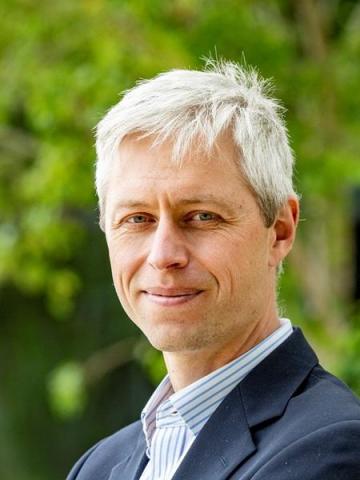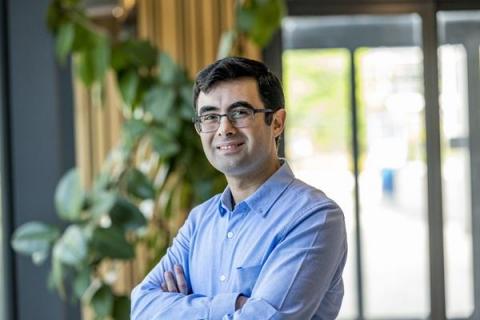About the project
The condensation trail (contrail) emissions of future low-CO2 aircraft will be assessed as part of a climate-optimised aircraft design methodology. Aircraft contrails and contrail cirrus account for more than half of the climate forcing from aircraft operations to date. Radically different airframe and propulsion concepts have been developed as a means to reduce CO2 emission, but the impact of the airframe and propulsion design on contrail formation has not been part of the design process.
In this project you will develop theory and perform computational simulations of contrail formation, accounting for advanced aircraft and propulsion architectures, including use of distributed propulsion and hydrogen fuel. The project builds on Southampton’s expertise in optimisation of advanced aircraft concepts, and also on our work on modelling flow and thermodynamic phenomena involved in contrail formation. The project is ideal for applied mathematicians, physicists or engineers who enjoy computational projects, and who want their research to make a substantial impact on climate change.
You will receive training from and work alongside world-leading academics at the University of Southampton who are leaders in aerospace engineering science. You will have access to the University’s powerful supercomputer Iridis 6 for flow simulation. This project is of significant interest to international businesses, and your work will benefit from privileged access to their data and through collaboration with industrial leaders. The University of Southampton is a member of the UK’s Russell Group of world-class research-intensive universities and ranked in the world’s top 100 Universities.
The funding available is competitive and will only be awarded to an outstanding applicant. As part of the selection process, the strength of the whole application is taken into account, including academic qualifications, personal statement, CV and references. Applications should have a good first degree in a relevant engineering subject, physics or mathematics. Ideally the candidate should have experience in fluid dynamics and demonstrated aptitude for developing computational models.
The School of Engineering is committed to making Engineering more inclusive and is highly supportive of applications from under-represented groups.
The project will start in October 2024.

